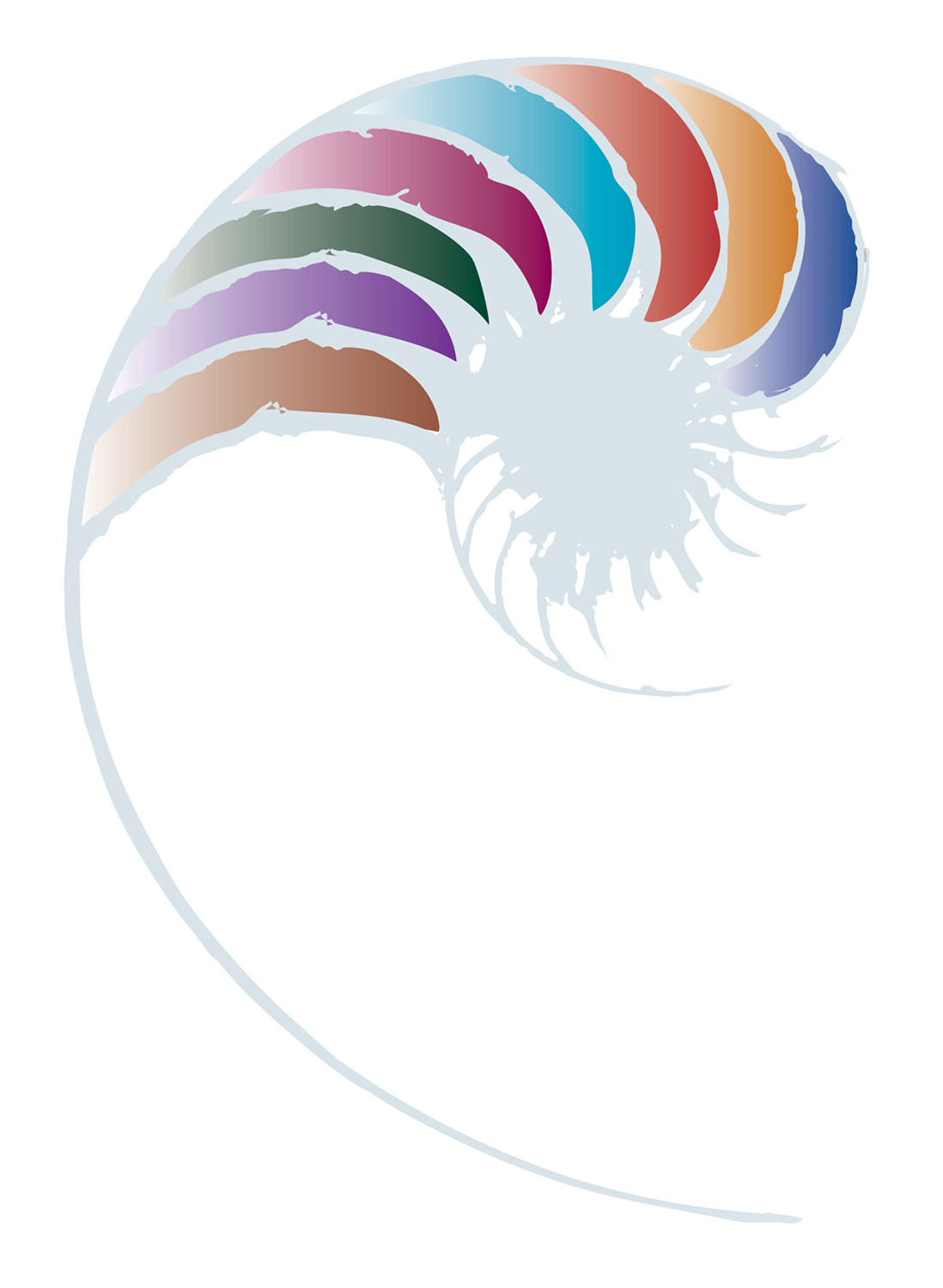Te tuakiritanga, te reo me te ahurea
Identity, language, and culture
Read how identity, language, and culture play a vital part in tamariki wellbeing, sense of belonging, and identity as capable and competent learners.

Ehara taku toa i te toa takitahi engari he toa takitini.
I come not with my own strengths but bring with me the gifts, talents and strengths of my family, tribe and ancestors.
The identity, language, and culture of tamariki is fundamental to the ways they see themselves as ākonga (learners).
“In Māori tradition, children are seen to be inherently competent, capable, and rich, complete and gifted no matter what their age or ability. Descended from lines that stretch back to the beginning of time, they are important living links between past, present, and future, and a reflection of their ancestors. These ideas are fundamental to how Māori understand teaching and learning (Te Whāriki, p. 12).
When the learning environment is responsive to tamariki, their culture, and their whānau, they are empowered to be successful learners.
- Thinking about identity, language, and culture
- Why identity, language, and culture matter
- Identity, language, and culture in practice
- Stories of practice
Te Whāriki affirms the identities, languages, and cultures of all children, whānau, kaiako, and communities from a strong bicultural foundation.
- Each early childhood service’s local curriculum whāriki recognises the place of Māori as tangata whenua of this land.
- All children are given the opportunity to develop knowledge and understanding of the cultural heritages of the partners to Te Tiriti o Waitangi The Treaty of Waitangi.
- The integration of kaupapa Māori concepts (Māori values and philosophy) and te reo Māori, supports cultural, linguistic, social, and environmental diversity.

There are an increasing number of migrants in Aotearoa New Zealand. As in any country with a multicultural heritage, there is a diversity of beliefs about child rearing practices, kinship roles, obligations, codes of behaviour, and the knowledge that is valued.
From a bicultural foundation, Te Whāriki:
- affirms and celebrates cultural differences, and guides services to ensure children gain a positive awareness of their own and other cultures
- enables all peoples of Aotearoa New Zealand to weave their perspectives, values, cultures, and languages into the early learning setting.
About this resource
This page looks at identity, language, and culture, why they matter, and what they look like in practice. Along with this are stories of practice (kaiako experiences in the field) and other resource suggestions to explore.




